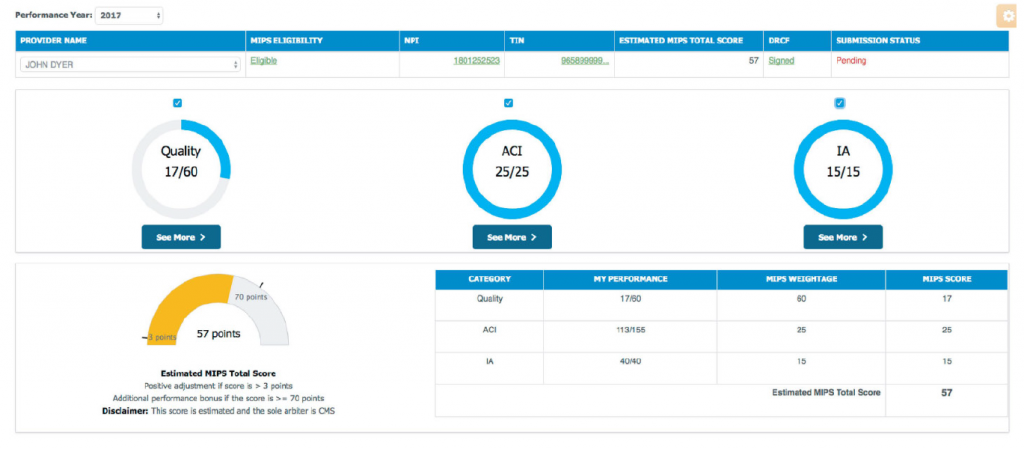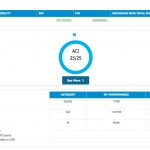As medical professionals, we understand the impact quality research can have on how we care for our patients. The extensive adoption of electronic health records (EHRs) has enabled the collection of big data in rheumatology. This has provided a new and unique opportunity for the rheumatology community to conduct in-depth research into how patients are being managed by their healthcare providers and with what success. The ACR is now allowing use of de-identified data from the Rheumatology Informatics System for Effectiveness (RISE) Registry to better understand patient care.
The Registry
The ACR developed the RISE Registry as a tool to help providers improve their quality of patient care and also meet certain federal reporting requirements. The registry works by automatically extracting data entered during the course of routine clinical care on all patients from the EHR systems of participating providers and transferring the data to a central database. The data are then mined, and the results are used to populate an analytic dashboard that shows relative performance on a variety of measures that assess quality of patient care.
RISE has been certified by the Centers for Medicare and Medicaid Services (CMS) as a Qualified Clinical Data Registry (QCDR) since 2014 and is Merit-Based Incentive Payment System (MIPS) capable. Therefore, providers can also track their estimated scores and meet their federal reporting requirements for the MIPS program to CMS (see Figure 1).

(click for larger image)
Figure 1: MIPS Provider Dashboard
RISE will allow providers to track estimated scores in the various MIPS components based on their EHR data and other data they input into the RISE dashboards.
The RISE Registry has approximately 750 providers fully connected and approximately 100 more in various stages of getting connected. With 1.1 million patients and more than 6 million patient encounters in its database, the RISE Registry has become the world’s largest repository of rheumatology patient data. In addition to containing data on a large number of patients with such diseases as rheumatoid arthritis (about 230,000 patients and 1.7 million patient encounters), a significant number of patients with relatively rare diseases, such as scleroderma (5,804) and Behçet’s disease (779), is represented.
RISE also serves as a unique and rich data source with many advantages. First and foremost, it collects real-world clinical data that show what rheumatology providers are actually doing in their practices. Second, RISE collects data via automatic extraction, meaning it contains all data that providers enter into their EHR systems during the course of clinical care without a need for dual entry or having providers pick and choose the data and/or patients included in the registry, thereby reducing selection bias.
The Data Available
To help facilitate data validation and analysis, the ACR has contracted with three Data Analytic Centers. These centers, at Duke University, University of Alabama at Birmingham and University of California, San Francisco, bring unique expertise in working with large data sets.



